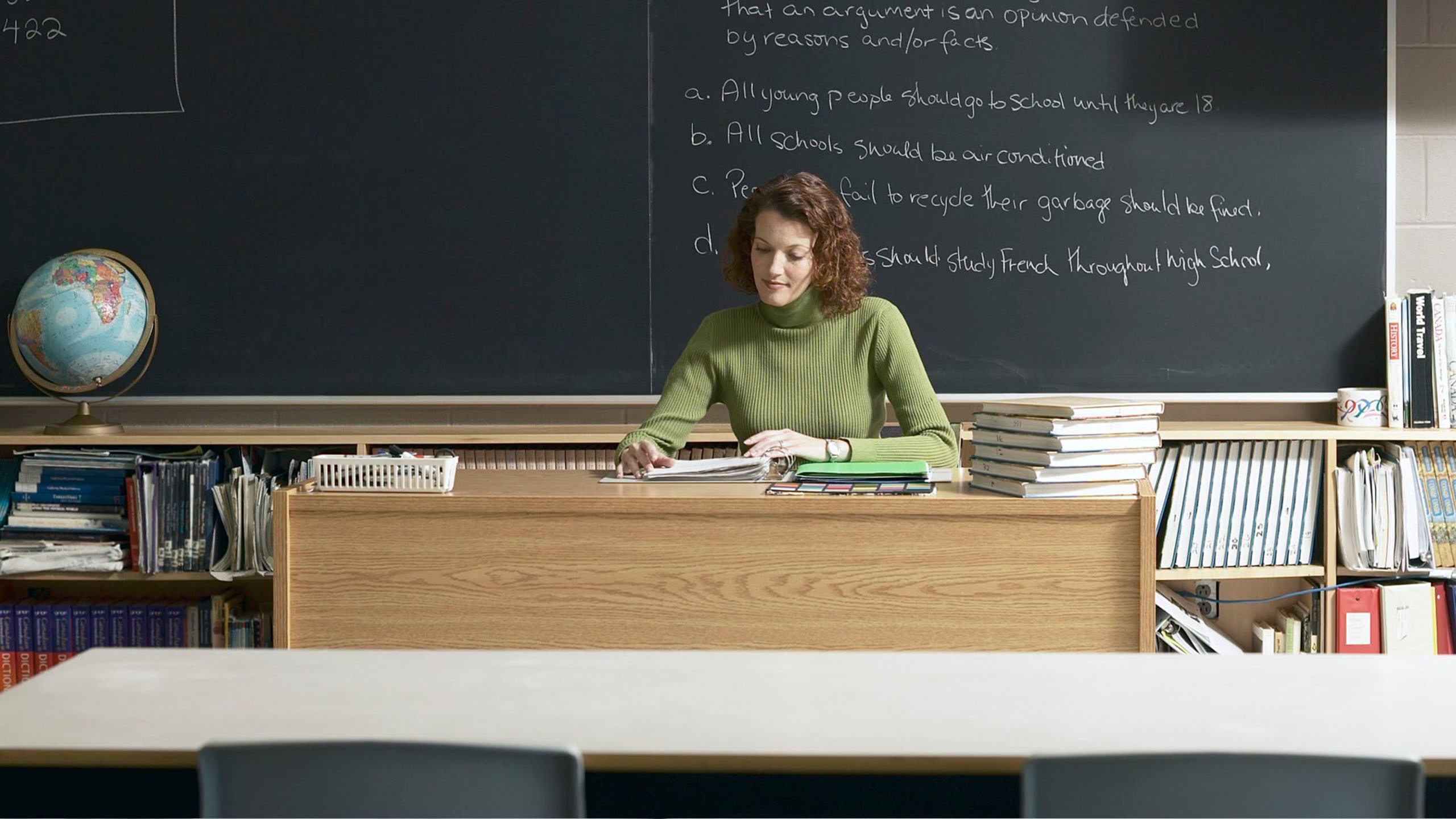The Difficult Lesson Observation!

Lesson observations and teaching audits should be in full swing now. Schools will be also being receiving their first visits from their improvement partners. Always on the top of the agenda is teaching and learning, outcomes and school performance- apart from safeguarding of course!
Whether you are a teacher, trainee teacher, an NQT, a TA or senior leader- by half term, you will have taken part in either being observed in a lesson or observing that lesson as it is needed for performance management cycles.
Performance management and appraisals will have been launched as for all teachers and senior leaders, it needs to be completed by October 31st.
If you have had a lesson observation that went well- keep going as you are. Further refine your techniques so your pupils are making outstanding progress every day.
For those of you who have had difficult observations- don’t panic! Keep calm and reflect deeply on what is happening. Your teaching and learning and how you are doing as a teacher is viewed over a period of time and this is looked at alongside the evidence in your books and progress data.
It is easy to get disheartened and a really stressful period. By thinking things through carefully and getting and acting on the right support, lessons can be turned around. Some of the best teachers that I know had poor observations but they learnt to become skilful and effective teachers. The most important thing is – not to give up hope!
“Firstly, it is okay to be down about it but don’t dwell and mope for too long. Tomorrow is another day!”
Unpick your lesson observation before you even go for your feedback. Hopefully you will know what went well or not through your own self-analysis. When you go for your feedback, the observer will want to see if you have reflected deeply and understand your points of development. The observer’s job is to give you incisive feedback which allows you to move forward.
Think about your lesson carefully and replay it in your head. What worked well? What did you do that made it work? Record these as it will help make you feel good.
Then look at where it went wrong and what are you doing about it? Start right from the beginning.
Evaluate your lesson plan
Read it carefully again and see if the teaching sequence is clear:
- Are there any parts that you need to adjust as it did not make sense to the children?
- Were the activities engaging and more importantly challenging all the different abilities in your class? Look at the timings of your teaching and learning session and what and how you are teaching. Do you have a variety of strategies to help children learn? E.g. kinaesthetic activities and visual aids and scaffolds.
- Is the lesson well-paced and pushing the children constantly?
- Have you left enough time for children to be learning independently and are there clear, concise instructions for the to follow?
- Think about your resources. Was the lesson too resource heavy? This can sometimes confuse pupils and get in the way of the actual learning. Similarly, make sure all groups of children have the right resources so that they can succeed and make progress at an accelerated rate.
Remember a lesson plan can be brief (it should not be long).

At the end of the day it is all about the delivery of the teaching and learning in the lesson on the day and how much progress the children make.
Behaviour
Analyse the behaviour and routines in your lesson.
- Did the lesson start promptly? Lessons should start 4 mins after the bell goes and pupils should know what to do when they come in straight away.
- Were the children actively engaged in the lesson?
It is okay for children to talk in lessons as long as they are on task and there is a purposeful hum. In addition, when observers come in, they don’t always need to see the actual teacher teaching.
If there were behaviour issues in your lessons- re think your behaviour management strategies. Think about where to seat children and have a seating plan. Pair up excellent role models with those that are challenging. You know your class and adjust accordingly.
Observations should be about seeing the children learning. Children working quietly on the task given is just as powerful as observing a teacher giving input to their pupils.
Were children sitting too long on the carpet or listening to you talk at the front? Break the sequence of teaching up and have a mixture of carpet and table talk and have your additional support e.g TAs in targeted postions. Ensure they are actively involved in the lesson and have apprppriate subject knowledge.

Most classes with younger children have carpet sessions. Sometimes, they can be too long. Try to keep these to a minimum time. Adding 5 mins to the age that the children is a good rule to how much time children should sit on the carpet.
Facilitating the Learning
Sometimes, when we are nervous or stressed we unintentionally dominate the teaching sessions. Keep your teacher talk to a minimum and get the children to lead the lesson. Try to get the children to take ownership of the learning. You are the “guide on the side” as they say.
Remember to be on top of your subject knowledge.
- Develop systems for talk partners and have strategies where you are encouraging everyone to contribute. Take time and see how well your pupils work independently and identify any groups or individuals that find this difficult.
- Do pupils know what to do when they are stuck?
- Was the work possibly too hard or too easy?
- Are there learning walls with key terminology and modelled concepts or a recap of the previous day’s learning which pupils can use to support them?
Without such structures, behaviour issues can occur and little progress is made. All learning should be “instructional” so children are learning new concepts or consolidating old ones. Have speaking frames and open ended question scaffolds dotted around the classroom to help you facilitate teacher talk.
“There’s no better feedback than the children and support staff themselves.”
Assess and review and try re teaching the lesson, once you have adjusted it. It may help you understand what went wrong. Also, ask your pupils and teaching assistants (if you have one) what could have been done better.
Get support
Be proactive in getting support. You are not alone! Ask for planning support and team teach with a more experienced teacher who can coach you. It is really is important to have an honest and transparent discussion about your needs so they can really give you focused and targeted support.
Always remain reflective and open to feedback. If you are an agency teacher, talk to your agent openly and ask for support. It is in their interest that you do well and most agencies have trainers who assist teachers who are finding things difficult.
Similarly, if you are an NQT, talk to your induction mentor and also your in house mentor appointed to support you. If there are too many tricky observations, you may be asked to get advice from your union.
However, with determination, persistence and resilience and the right support, attitude and action, you can succeed!it is in people’s best interests to want you to do well!








Responses